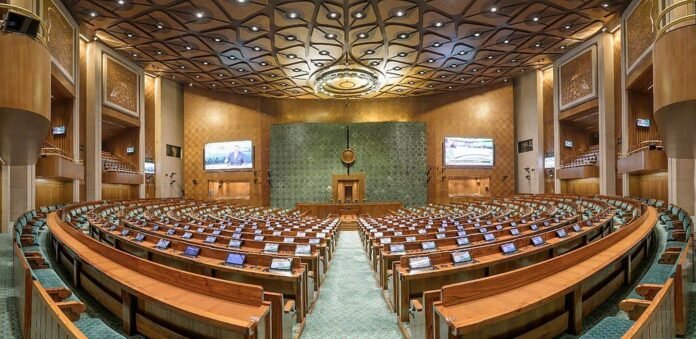The Waqf (Amendment) Bill, 2025, which seeks to overhaul the management of Islamic properties, passes in the Lok Sabha after more than 12 hours of intense debate
The Waqf (Amendment) Bill, 2025 was passed by the Lok Sabha in the early hours of April 3, following a 12-hour debate. Introduced by Union Minister Kiren Rijiju, the Bill proposes significant changes to the Waqf Act, 1995, which governs the management of properties dedicated for religious or charitable purposes under Islamic law.
The Bill was passed with 288 MPs in favour and 232 MPs opposed, marking a contentious moment in Indian politics. While the BJP praised the Bill for improving the efficiency and governance of Waqf properties, the opposition raised concerns over potential violations of religious rights and constitutional principles.
Key Provisions of the Bill
The Bill introduces several key changes aimed at improving Waqf management, including:
- Renaming the Waqf Act to the Unified Waqf Management, Empowerment, Efficiency, and Development Act.
- Changes to Waqf declarations: Only individuals practicing Islam for at least five years and owning the property can declare a Waqf.
- Changes to the Waqf Council: The Bill mandates the inclusion of two non-Muslim members on the Council, alongside the usual Muslim members.
- Empowering the Central Government to set rules regarding Waqf registration and auditing, including the right to audit Waqf accounts through the CAG.
Opposition Concerns
Opposition members, particularly from the Congress and AITC, condemned the Bill, accusing the BJP of undermining Muslim rights and violating Article 26 of the Constitution, which guarantees freedom to manage religious affairs. AIMIM MP Asaduddin Owaisi expressed his discontent by tearing a copy of the Bill, calling it a “mockery of democracy.”
Kalyan Banerjee from AITC argued that the Bill was an attack on religious freedoms, while Congress MP Gaurav Gogoi labeled it a “constitutional fraud” imposed by the government.
BJP Defence
In defence, Union Home Minister Amit Shah reassured that the Bill would not interfere with Muslim religious practices and stressed that it would merely streamline Waqf management. BJP MP Tejasvi Surya claimed the Bill would undo the alleged constitutional abuses of previous governments.
Impact and Future Developments
The Bill is expected to bring greater accountability and transparency to the management of Waqf properties, which have long been a source of political and legal disputes. However, it remains to be seen how it will be implemented and whether it will further fuel political divisions regarding religious freedoms in India.
